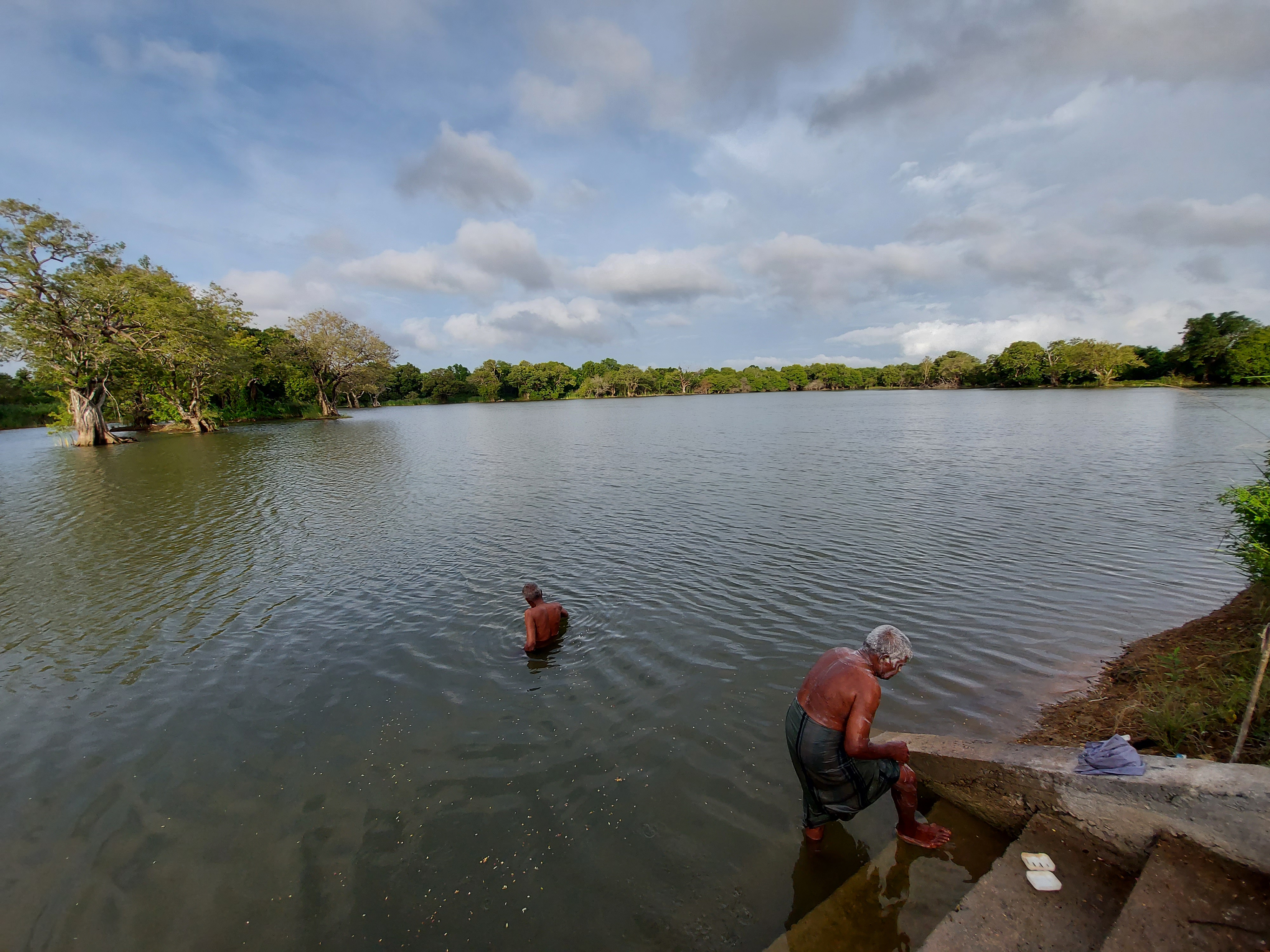Demonstration of incentives mechanisms for in-situ conservation and use of agrobiodiversity at community level
Exhibition of Jiaji duck products
Department of Agriculture and Rural Affairs of Hainan Province
Explaining policy of planting insurance
Department of Agriculture and Rural Affairs of Hainan Province
Technical training on Jiaji duck breeding
Department of Agriculture and Rural Affairs of Hainan Province
Seeds distribution
Department of Agriculture and Rural Affairs of Hainan Province
Jiaji duck livestock competition
Department of Agriculture and Rural Affairs of Hainan Province
Market- and non-market-based incentive mechanisms for in-situ conservation and sustainable use of agrobiodiversity have been established and demonstrated, offering long-term livelihood benefits to local farmers.
The protection of germplasms for target varieties has improved through the creation of a community seed bank for Shanlan rice and the organization of regular livestock competitions for Wuzhishan pigs and Jiaji ducks. Provincial and county-level trade fairs have been organized to display and disseminate information on GRFA products and offerings. Participation in these fairs has broadened farmers' perspectives and enhanced their sales capabilities. Several improved technologies have been introduced to boost farming efficiency in demonstration and replication areas; 62 training courses (2,660 participants, 44% women) of various types have been held to boost farmers' confidence in farming and their resilience to climate change. Incentives such as culinary competitions, eco-compensation, carbon labeling, small farm equipment for farmers, partnership establishment, eco-certification, whole industry chain insurance for Shanlan rice, the establishment of three farmer field schools, and marketing chain development have all contributed to farmers' sustainable livelihood capacity, thus promoting the in-situ conservation of GRFA.
1)Financial incentives were provided to farmers, such as microgrants.
2)Capacity building at provincial, city/county, and village levels, improved farmers' capacity for sustainable livelihood and in-situ conservation and use of GRFA.
3)Under the guidance of experts, a technological support system of “cooperative + research institutes + farmers” was established, supporting breeding and industrial chain development, and achieving conservation and sustainable utilization.
1)The involvement of cooperatives and enterprises is important for sustainable engagement with farmers, building confidence in local farmers in planting local varieties knowing that they can sell their products to the company.
2)Providing employment and income opportunities can lead to other socio-economic benefits, such as people staying in their home communities.
